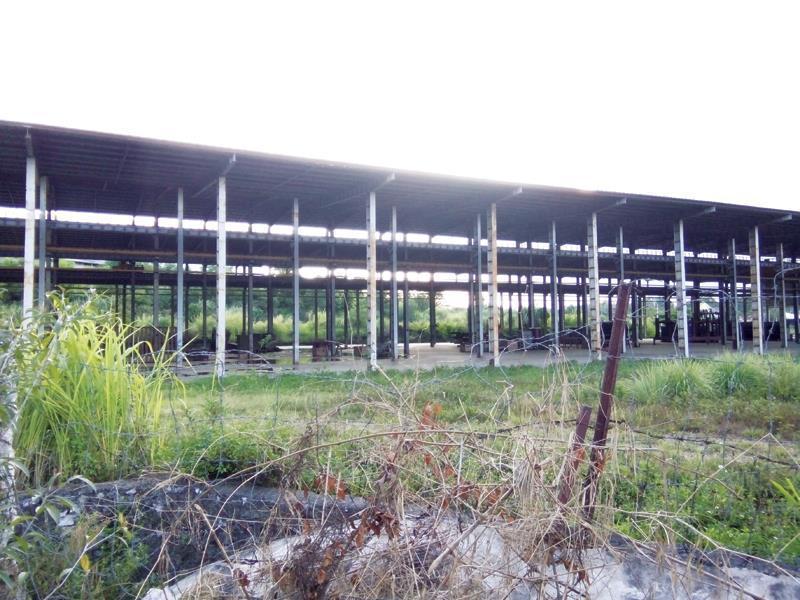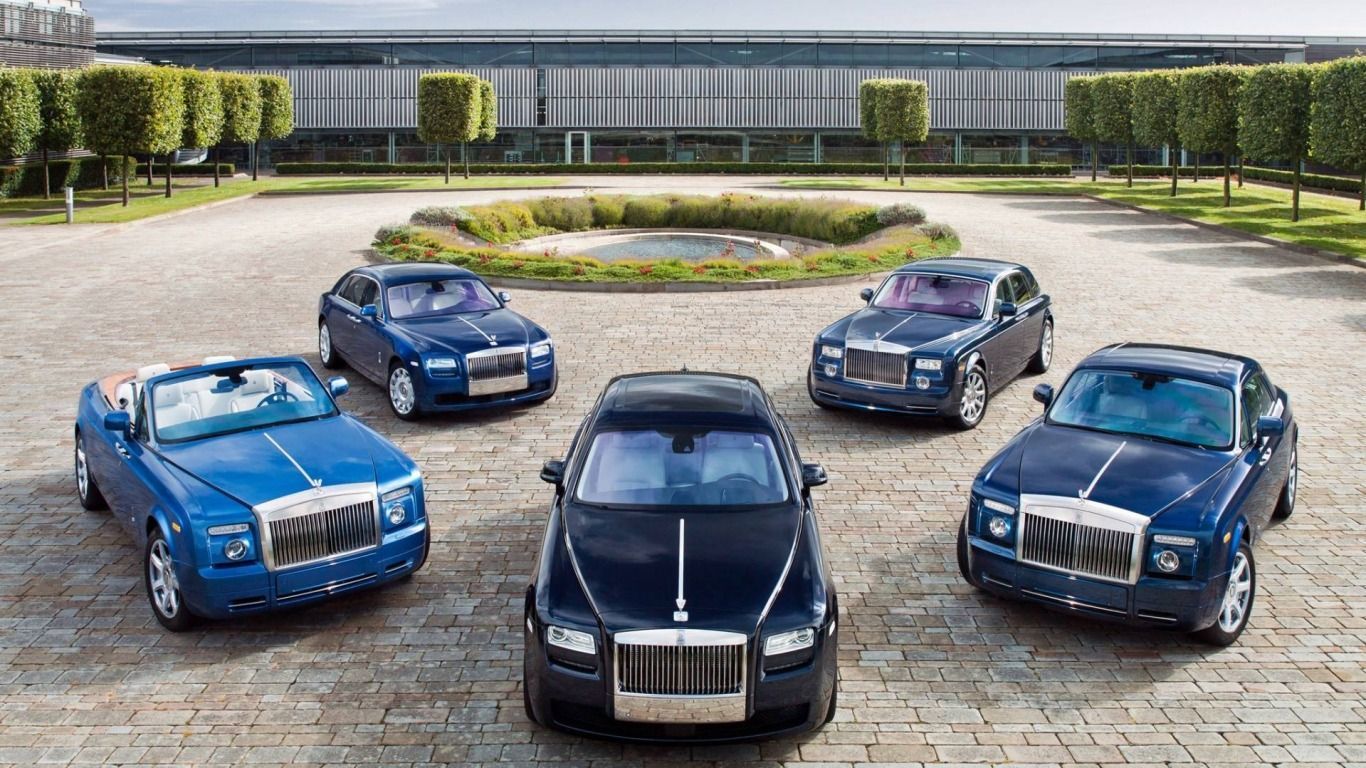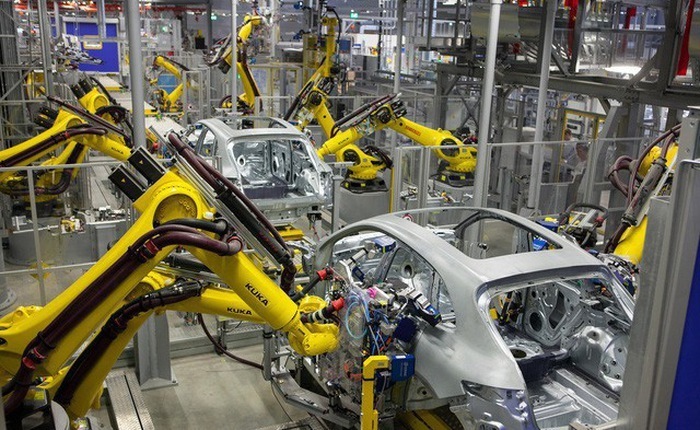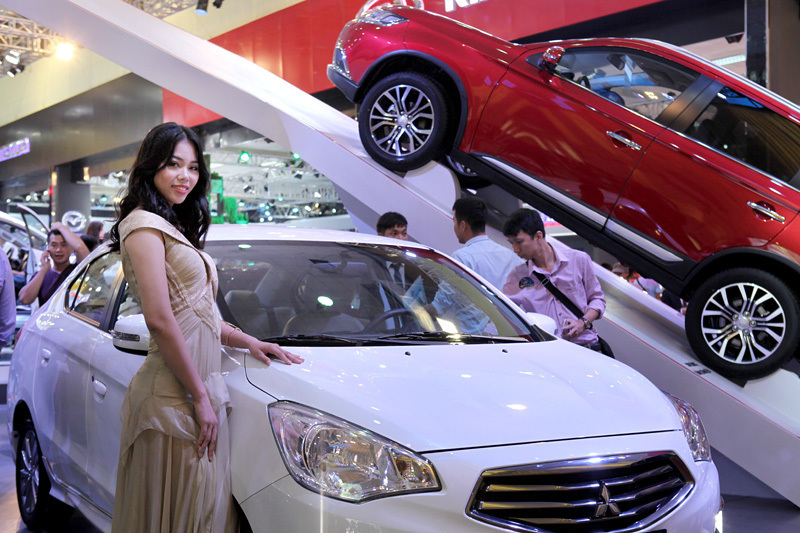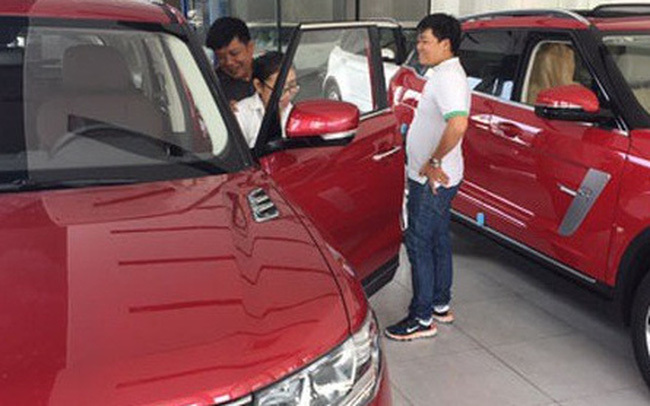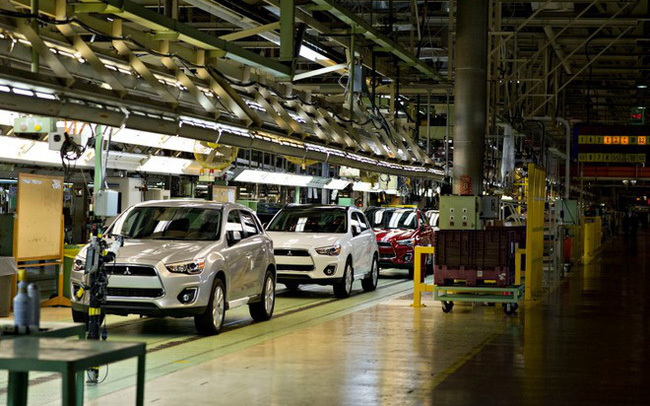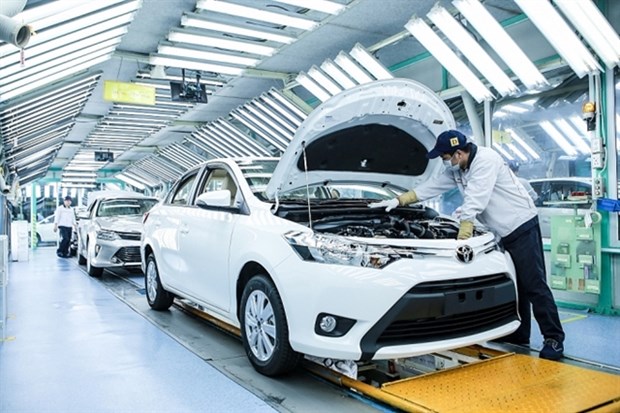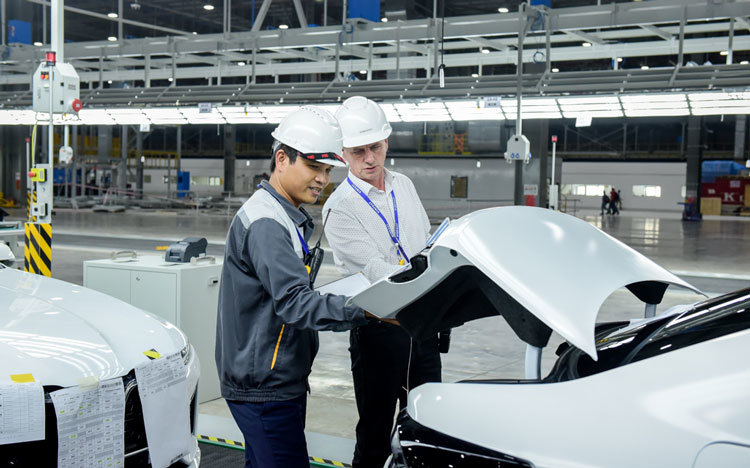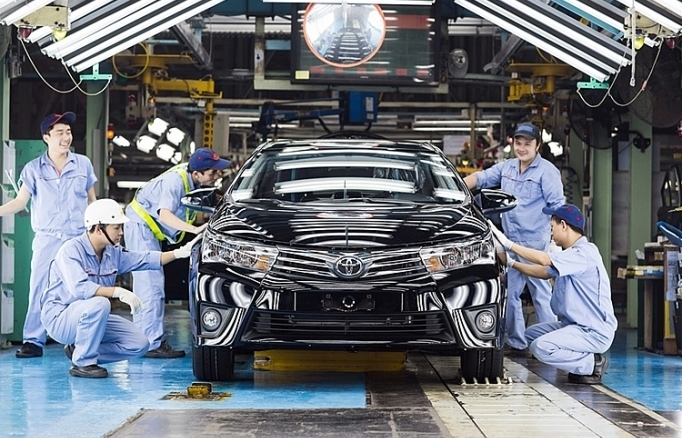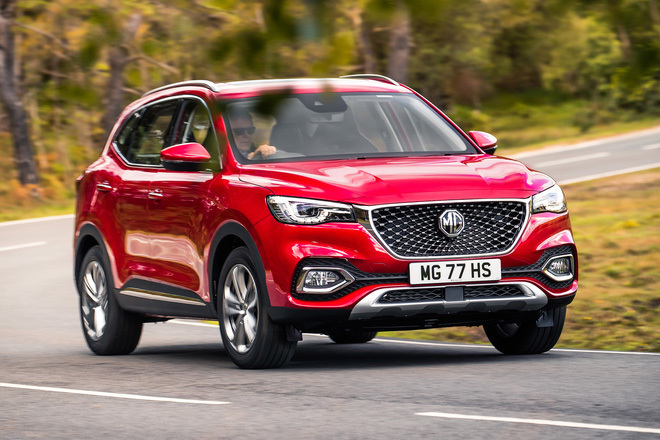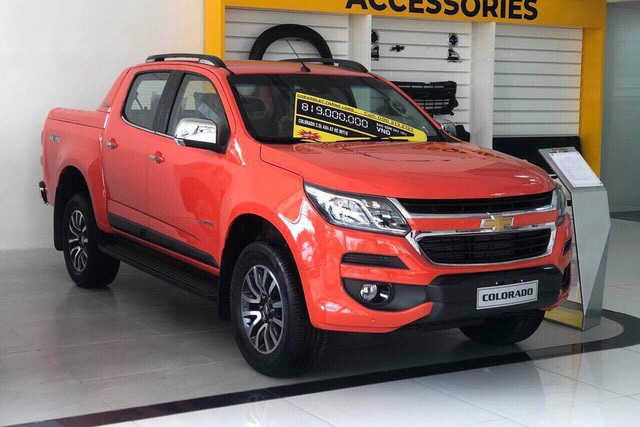- © Copyright of Vietnamnet Global.
- Tel: 024 3772 7988 Fax: (024) 37722734
- Email: [email protected]
VAMA
Update news VAMA
The last chance for Vietnam’s automobile industry
The Ministry of Planning and Investment (MPI) is compiling a plan to develop the automobile industry in the post-Covid-19 period with many new solutions.
Vietnam’s super luxury car market shrinks because of sky-high taxes, fees
To own a super luxury car, one has to pay tens of billions of dong in taxes and fees, which are 3-4 times higher than imported car prices.
Dreaming big, investors pour trillions of dong into automobile factories
The Vietnamese automobile market is full of potential with predicted sales of up to 1.8 million products a year, but it still remains risky to invest in the industry.
Car dealers experience hardships amid weak demand
Car trading companies are complaining about high inventories and sharp profit decreases as people have cancelled car purchase plans amid Covid-19.
Chinese cars become more popular in Vietnam
 Chinese cars can attract Vietnamese customers because they cleverly imitate European, Japanese and American luxury models in appearance, while the selling prices are very reasonable.
Chinese cars can attract Vietnamese customers because they cleverly imitate European, Japanese and American luxury models in appearance, while the selling prices are very reasonable.
Vietnam struggles to fulfill dream of building an auto industry
 Instead of reducing taxes and fees, the State needs to set reasonable policies to develop automobile supporting industries, experts say.
Instead of reducing taxes and fees, the State needs to set reasonable policies to develop automobile supporting industries, experts say.
Vietnam's auto consumers expected to enjoy 50 percent cut in registration fee
The Ministry of Finance has officially asked the Government to cut 50 percent of the registration fee for customers who buy locally-produced and assembled automobiles.
Supporting industries at a crossroads
 The foreign capital inflow into Vietnam will help local enterprises expand their production, but the opportunity can only be grabbed by capable enterprises.
The foreign capital inflow into Vietnam will help local enterprises expand their production, but the opportunity can only be grabbed by capable enterprises.
Auto manufacturers manage to retain workers
 While automobile manufacturers in the world have laid off workers in large quantities to reduce operation costs during the Covid-19 crisis, automobile joint ventures in Vietnam have retained their workforce.
While automobile manufacturers in the world have laid off workers in large quantities to reduce operation costs during the Covid-19 crisis, automobile joint ventures in Vietnam have retained their workforce.
Inconsistent policies burden VN automobile industry
 Car sales dropped sharply by 40 percent in Q1 2020 as several industries cannot reach agreement on solutions to develop the automobile industry.
Car sales dropped sharply by 40 percent in Q1 2020 as several industries cannot reach agreement on solutions to develop the automobile industry.
VN car market continues to slide
 As predicted by experts, the Vietnamese automobile market continues sliding as manufacturers cannot sell products and their production has arrived at a ‘new normal’.
As predicted by experts, the Vietnamese automobile market continues sliding as manufacturers cannot sell products and their production has arrived at a ‘new normal’.
Vietnam slashes registration fee by half to rev up domestic car sales
 The decision, set to valid until the end of 2020, would help customers save thousands of dollars.
The decision, set to valid until the end of 2020, would help customers save thousands of dollars.
Chinese cars to arrive in Vietnam en masse
 Chinese cars will flood the Vietnamese market, both CBU and domestically assembled products, soon after the epidemic ends.
Chinese cars will flood the Vietnamese market, both CBU and domestically assembled products, soon after the epidemic ends.
Cars unsold, Ministry asks for rescue action
 The inventory index of the automobile industry is 122.5 percent in Q1 compared to the same period last year, though the output has decreased by 10.4 percent.
The inventory index of the automobile industry is 122.5 percent in Q1 compared to the same period last year, though the output has decreased by 10.4 percent.
VN automobile sales fall to 5-year low
 Car sales have dropped to a 5-year low and may continue to slide if the pandemic persists.
Car sales have dropped to a 5-year low and may continue to slide if the pandemic persists.
Auto exports target 100,000 products
 Vietnamese automobile manufacturers are cherishing the dream of entering the world market.
Vietnamese automobile manufacturers are cherishing the dream of entering the world market.
Prices plummet, factories halt operation, auto market hit hard by Covid-19
 Despite sharp price cuts of hundreds of million of dong, cars still cannot find buyers. The automobile market is predicted to see a minus 15 percent growth rate this year.
Despite sharp price cuts of hundreds of million of dong, cars still cannot find buyers. The automobile market is predicted to see a minus 15 percent growth rate this year.
Vietnam’s car market cools on Covid-19
 The domestic car market is gloomy as people are not making purchases despite the sharp price falls.
The domestic car market is gloomy as people are not making purchases despite the sharp price falls.
Will used luxury cars be offered at reasonable prices in Vietnam?
 With preferential tariffs beginning in 2020, used luxury cars from CPTPP-member countries will be available in Vietnam.
With preferential tariffs beginning in 2020, used luxury cars from CPTPP-member countries will be available in Vietnam.
What will Vinfast do if GM stops making Chevrolets in Thailand?
 The US-based General Motors (GM) has stated it will stop selling Chevrolets this year and shut down its factory in Thailand from which Chevrolets are exported to Vietnam.
The US-based General Motors (GM) has stated it will stop selling Chevrolets this year and shut down its factory in Thailand from which Chevrolets are exported to Vietnam.
